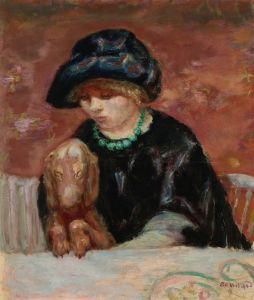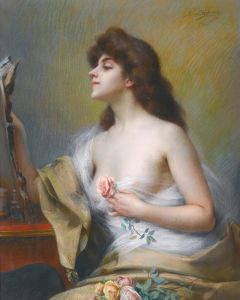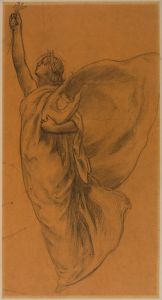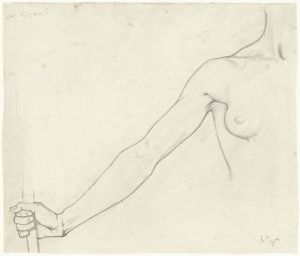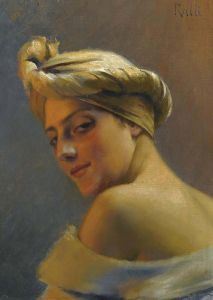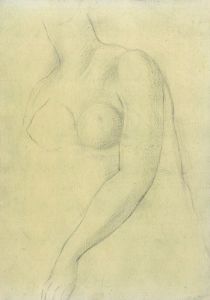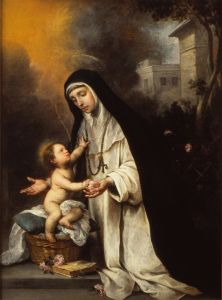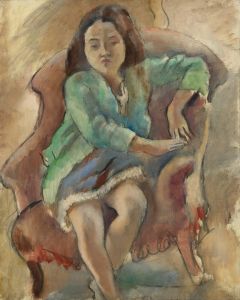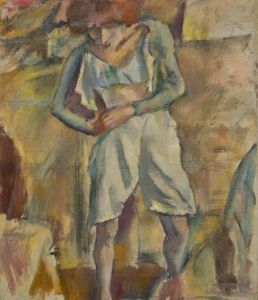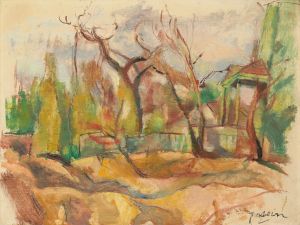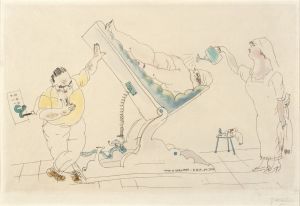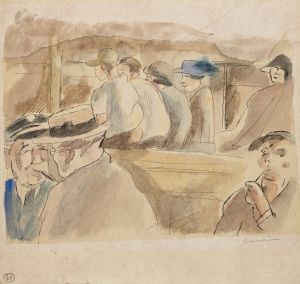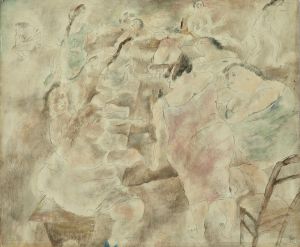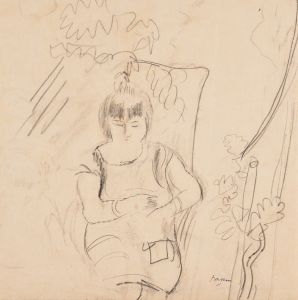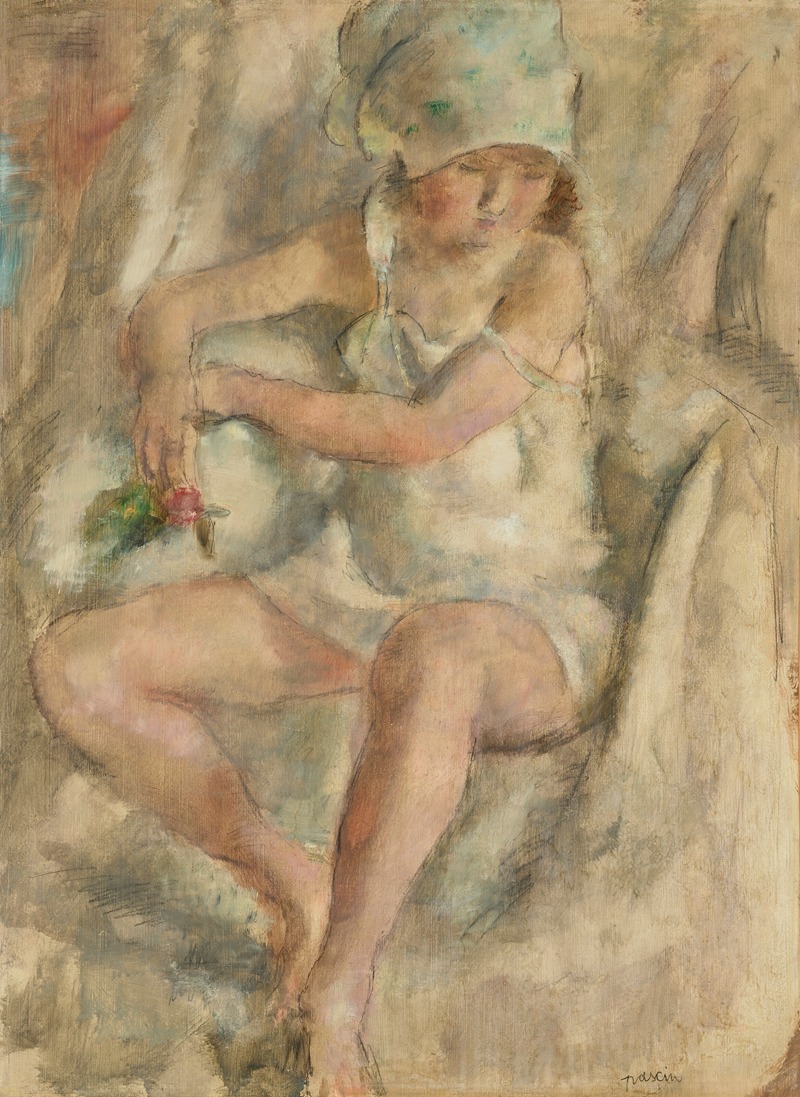
Femme au turban avec rose
A hand-painted replica of Jules Pascin’s masterpiece Femme au turban avec rose, meticulously crafted by professional artists to capture the true essence of the original. Each piece is created with museum-quality canvas and rare mineral pigments, carefully painted by experienced artists with delicate brushstrokes and rich, layered colors to perfectly recreate the texture of the original artwork. Unlike machine-printed reproductions, this hand-painted version brings the painting to life, infused with the artist’s emotions and skill in every stroke. Whether for personal collection or home decoration, it instantly elevates the artistic atmosphere of any space.
Jules Pascin, a Bulgarian-born artist who became a prominent figure in the early 20th-century art world, is known for his distinctive style that blends elements of Impressionism and Expressionism. One of his works, Femme au turban avec rose (translated as "Woman with Turban and Rose"), exemplifies his sensitivity to the human form and his ability to capture intimate, emotional moments.
Pascin, often referred to as the "Prince of Montparnasse," was deeply influenced by his experiences in Paris, where he became part of the École de Paris, a group of international artists working in the French capital. His works frequently depicted women, often in quiet, introspective poses, and Femme au turban avec rose is no exception. The painting portrays a woman wearing a turban adorned with a rose, her expression serene yet enigmatic. The soft, muted palette and delicate brushstrokes are characteristic of Pascin's approach, emphasizing mood and atmosphere over strict realism.
The exact date of the painting is not widely documented, but it likely falls within Pascin's mature period, during the 1920s, when he focused extensively on portraits and nudes. During this time, Pascin's works often reflected his fascination with the inner lives of his subjects, capturing their vulnerability and individuality. His ability to convey emotion through subtle details, such as the tilt of a head or the softness of a gaze, is evident in this piece.
Pascin's life was marked by both artistic success and personal struggles. Born Julius Mordecai Pincas in 1885 in Vidin, Bulgaria, he traveled extensively before settling in Paris. His work gained recognition for its unique blend of influences, including his early exposure to Symbolism and his later adoption of modernist techniques. Despite his achievements, Pascin battled depression and alcoholism, which ultimately led to his tragic death by suicide in 1930.
Today, Femme au turban avec rose is appreciated as part of Pascin's broader oeuvre, which continues to be celebrated for its emotional depth and technical skill. While specific details about the painting's provenance or current location are not readily available, it remains a testament to Pascin's enduring legacy as a master of capturing the complexities of human emotion through art.





